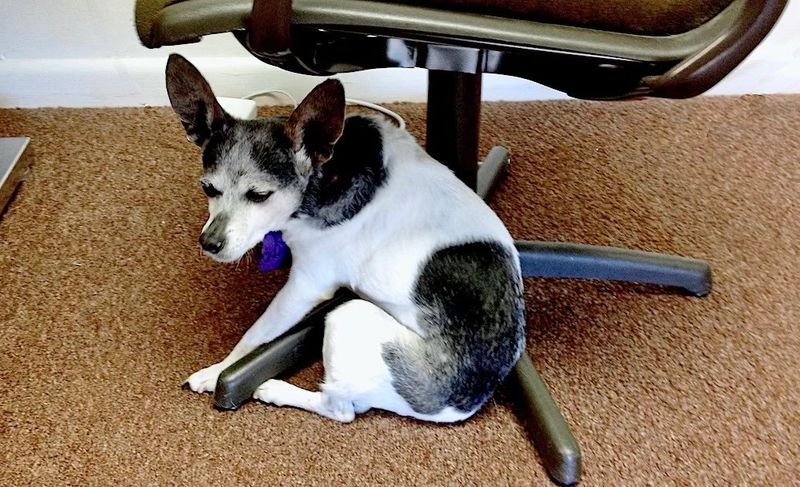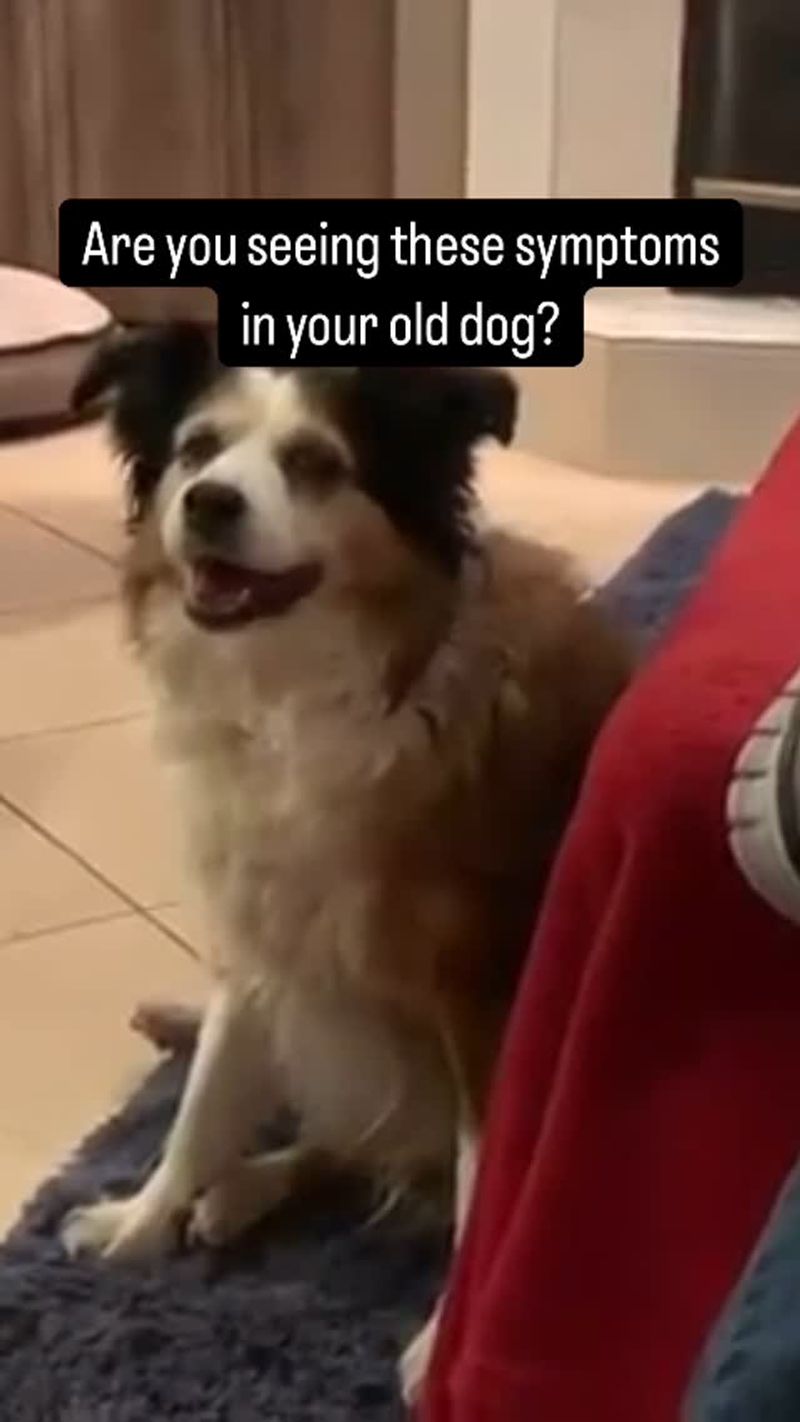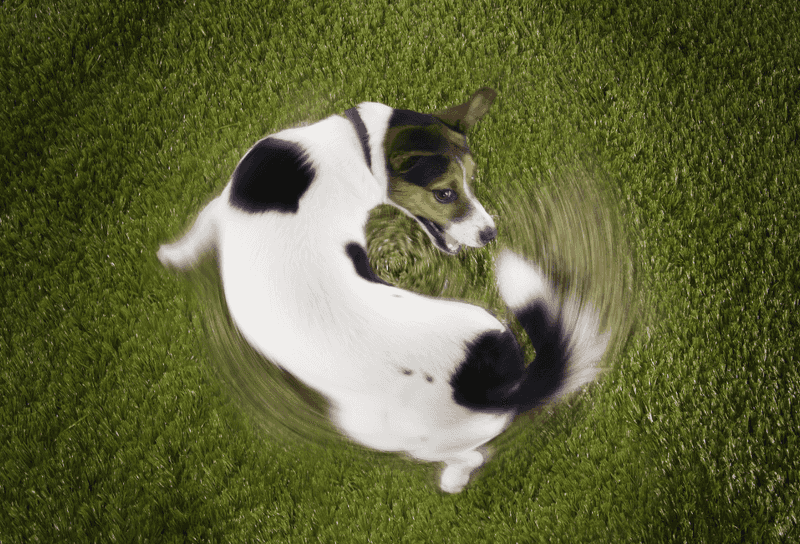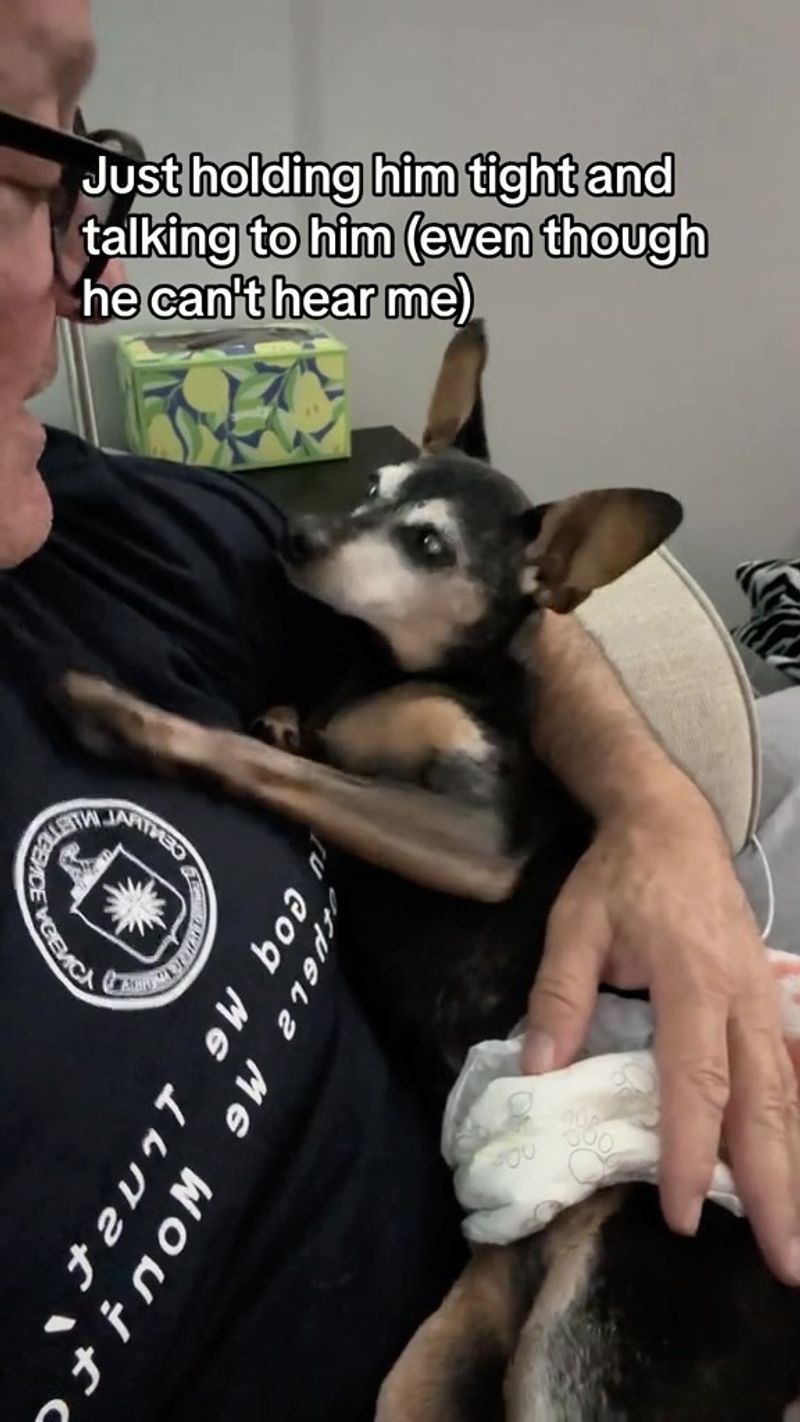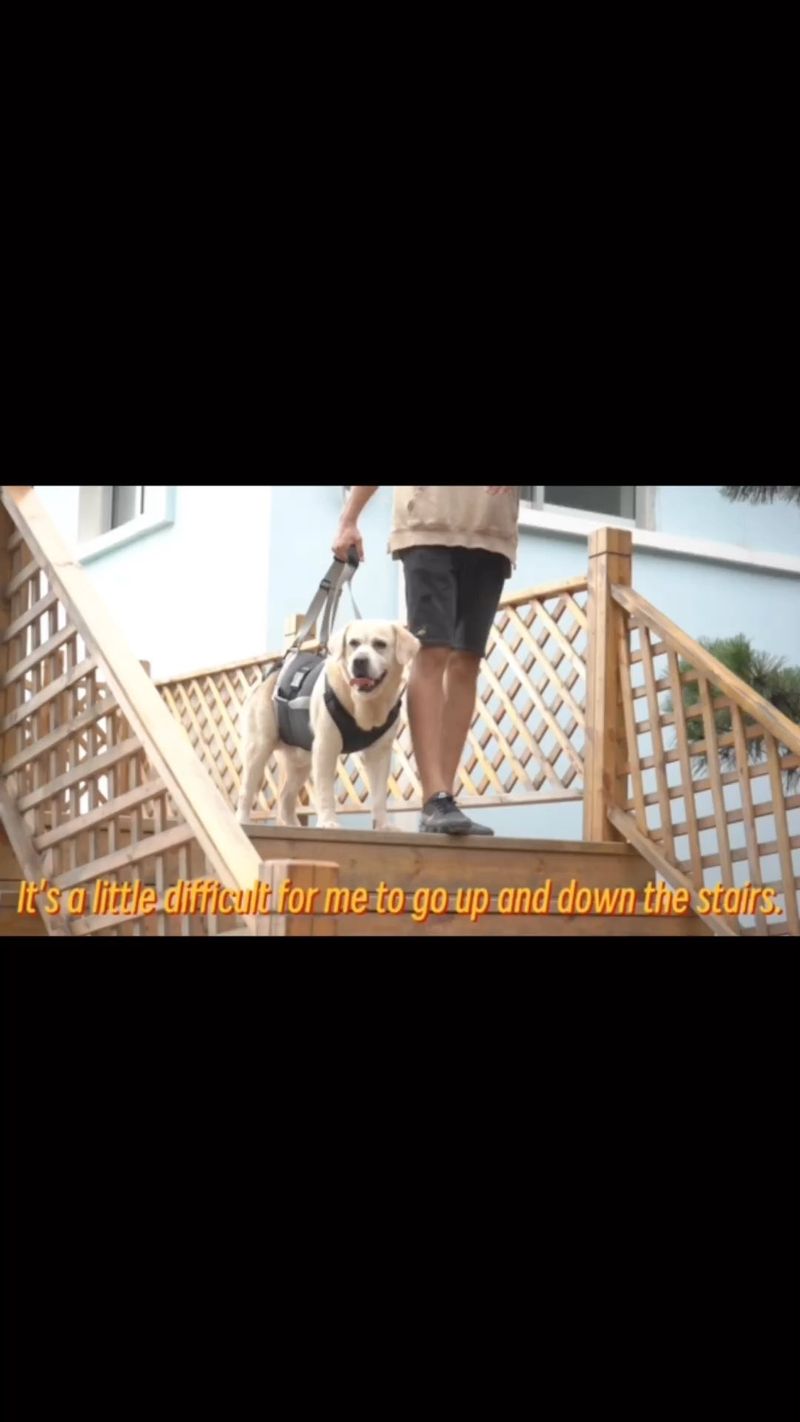Canine dementia, also known as Canine Cognitive Dysfunction (CCD), is a common condition in aging dogs, akin to Alzheimer’s in humans. Recognizing the symptoms early can help manage the condition and improve your dog’s quality of life. This article outlines ten key warning signs every dog owner should be aware of.
Disorientation
Imagine your furry friend, once vibrant and lively, now getting lost in familiar surroundings. This disorientation is one of the first signs of canine dementia. Dogs may wander aimlessly or seem confused even in their own backyard. It’s heart-wrenching to see them pause and look around, unsure of their next step.
They might stare blankly at walls or appear lost within the comfort of home. This behavior can signal more than just old age; it’s an early symptom of cognitive decline. Monitoring these changes is crucial for addressing potential health issues.
Altered Sleep Patterns
Does your dog stay up all night, pacing or barking? Altered sleep patterns are a common sign of cognitive issues. Dogs with dementia might sleep more during the day and become restless at night.
This nocturnal activity can disrupt both your and your pet’s rest. It’s as if their internal clock is misaligned, leaving them confused about when to rest.
Consider these changes seriously, as they may indicate underlying health problems that need attention.
Changes in Social Behavior
Remember the days when your dog used to play joyfully with others? A sudden disinterest in social interactions might be alarming. Dogs suffering from dementia often withdraw from their companions, whether they are humans or other animals.
They may seem aloof or even irritable, avoiding touch or play. This shift in behavior can be distressing for both the pet and the owner.
Recognizing these changes enables prompt interventions to enhance your dog’s well-being.
House Soiling
Picture your well-trained pet suddenly forgetting its house manners. House soiling is a distressing yet telling sign of canine dementia. Dogs may begin to urinate or defecate indoors without apparent reason.
This loss of control can be frustrating for owners but is a common symptom of cognitive dysfunction. It’s as if the learned behavior has been erased from memory.
Patience and understanding are vital as you work through these challenges with your pet.
Loss of Appetite
Has your once eager eater suddenly lost interest in meals? Loss of appetite is another red flag for canine dementia. Dogs may refuse to eat or seem indifferent to food they previously loved.
This change can lead to weight loss and nutritional deficits, exacerbating other health issues. Observing such behavior warrants immediate veterinary consultation.
Ensuring a healthy diet is crucial, especially when cognitive decline is suspected.
Repetitive Movements
Repetitive movements, like continuous pacing or circling, can be puzzling to witness. These actions often appear without any clear purpose, reflecting potential cognitive decline.
Your pet may also exhibit compulsive behaviors such as licking or barking repetitively. This can be a sign that their mind is trapped in a loop, unable to break free.
Such patterns deserve attention, as they may indicate underlying neurological issues.
Anxiety and Restlessness
Anxiety and restlessness can transform your dog’s demeanor. Once calm and composed, they may start appearing on edge or unable to settle.
The sudden onset of nervousness or agitation, especially in familiar environments, is unsettling. This behavior might manifest in pacing or whining, signaling cognitive concerns.
Addressing these signs with empathy and care can ease your pet’s distress.
Loss of Training
Training commands that were once instinctive may suddenly seem foreign to your dog. Loss of training is a significant indicator of dementia.
A previously obedient pet might now ignore basic commands or struggle to perform routine tasks. This change can be perplexing, but it highlights cognitive decline.
Engaging with your dog through gentle, positive reinforcement can help maintain their skills for as long as possible.
Unexplained Aggression
Does your typically gentle dog suddenly show aggression? Unprovoked aggression or irritability can be an alarming sign of cognitive dysfunction.
Dogs may snap or growl without any clear trigger, causing concern for their safety and that of others. This behavior shift could be linked to confusion or fear resulting from dementia.
Understanding these changes allows for appropriate measures to ensure harmony and safety.
Difficulty Navigating
Navigating familiar spaces might become a challenge for your aging dog. If they struggle with stairs or seem hesitant in well-known areas, it might be a sign of dementia.
This difficulty can lead to accidents or hesitance, impacting their confidence in moving around.
Providing assistance and ensuring a safe environment will support your pet’s mobility and comfort.

